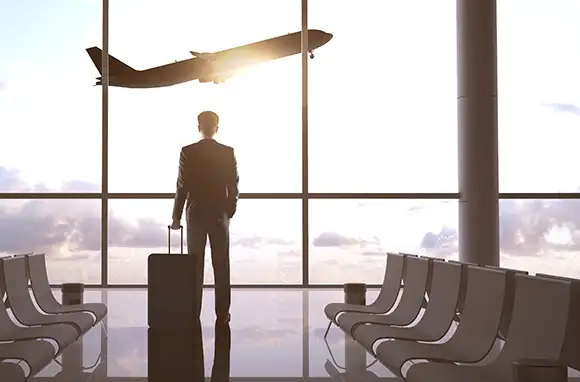
This time of year, we travel writers are obligated to produce our views on what the upcoming year will bring to the marketplace. Here are my nominations for 12 important trends in the 2014 travel landscape. All in all, it should be an interesting year.
Image Gallery
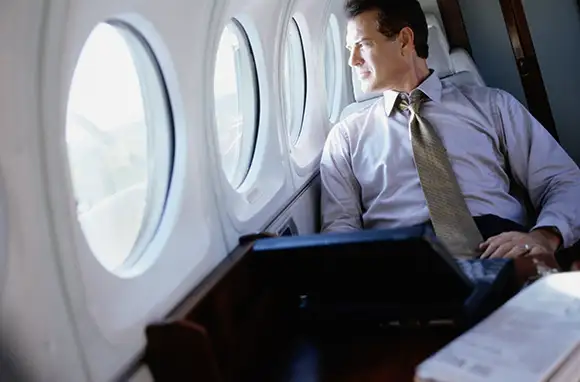
Business Will Get Better; Economy Will Get Worse
The wide gulf in service standards and traveler treatment between the front and rear cabins is likely to get wider. Lie-flat seats are rapidly becoming the norm for business class, and airlines that stuck with angle-flat seats, notably Air France, KLM, and Lufthansa, will be scrambling to close their competitive gaps. Business class has become so luxurious and so expensive that first class is shrinking or disappearing entirely.
Meanwhile, economy keeps getting worse. Airlines taking new deliveries will almost universally go with extra-tight nine-across seating in 787s and 10-across seating in 777s; new planes will come with even less shoulder-level work room and legroom. But that won't stop fares from increasing: Look for sticker shock next summer. The one bright spot is that in-flight entertainment and Wi-Fi will improve.

Business Will Get Better; Economy Will Get Worse
The wide gulf in service standards and traveler treatment between the front and rear cabins is likely to get wider. Lie-flat seats are rapidly becoming the norm for business class, and airlines that stuck with angle-flat seats, notably Air France, KLM, and Lufthansa, will be scrambling to close their competitive gaps. Business class has become so luxurious and so expensive that first class is shrinking or disappearing entirely.
Meanwhile, economy keeps getting worse. Airlines taking new deliveries will almost universally go with extra-tight nine-across seating in 787s and 10-across seating in 777s; new planes will come with even less shoulder-level work room and legroom. But that won't stop fares from increasing: Look for sticker shock next summer. The one bright spot is that in-flight entertainment and Wi-Fi will improve.
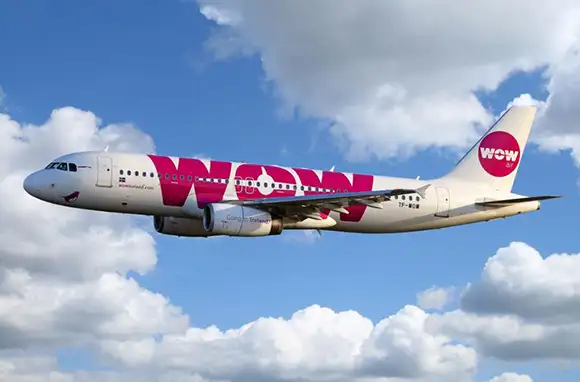
New Low-Cost Airlines Will Shake Up the Transatlantic Space
The most intriguing question for 2014 is how well the new transatlantic low-cost airlines will fare when they enter prime markets for North Americans. Norwegian's 2014 summer schedule taps the busiest and most competitive transatlantic route, New York to London, nonstop, and the Icelandic low-fare airline WOW is promising cheap Europe-to-Boston flights via Reykjavik. Will American, British Airways, Delta, United, and Virgin America permit these upstarts to undercut their lowest fares, or will they drive Norwegian and WOW out of the market? Keep your eyes open.

Mandatory Hotel Fees Will Multiply
Absent some counterforce in 2014, the mandatory hotel fees scam is likely to spread. In today's world of side-by-side price displays, artificially lowering a featured price by as much as $50 per night makes a hotel look better than the competition. The only remaining hope for consumers is that one or more of the major online travel agencies (OTAs) will begin posting accurate all-up pricing, including all mandatory fees, as they now do with rental-car rates.

The Rise of Collision Damage Waivers
Rental companies will never give up on their attempts to make customers buy their grossly overpriced collision waiver by adding new charges and conditions that credit card insurance won't cover. Why? Simple: Rental companies make far more profit on the waivers than they make on base rates. My guess is that of the typical $30 daily waiver price, the actual cost to the rental company is probably around $4, and the rest goes right to the bottom line. So counter agents will keep pushing it, often deceptively. So far, however, the credit card companies are doing reasonably well in keeping up with the changes.
On the plus side, changes in the resale market mean that car-rental companies will stock up on more and more fuel-efficient vehicles. All-electrics are still too limited by low driving ranges to become highly popular as rentals, but expect more hybrids to be coming into the fleets.

Package-Tour Itinerary Changes
The package-tour business doesn't change very much from year to year. You may see one change in 2014, however: continued uncertainty about destinations that face or have recently faced civil disturbances. Notable examples include Egypt and Greece, but even Ireland is experiencing rumblings of resurgence in IRA violence.
On the one hand, operators are quick to return to destinations like the Greek islands and Sharm el-Sheikh as soon as violence dies down. On the other hand, I suspect that many potential visitors prefer more serene places to vacation.
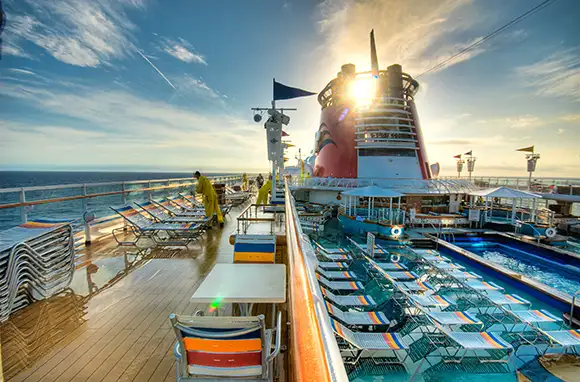
More Fees on the High Seas
As with airlines and hotels, mass-market cruise lines have a price-comparison problem. That means you can expect more and more fees, some mandatory, others "optional," for onboard services that were formerly included in the base price.
Additionally, cruise lines will continue to expand their destination lists, including relatively out-of-the-way options. But the best prices for mass-market sailings will remain for conventional trips to Alaska, the Caribbean, the Mediterranean, and Mexico.

Non-Credit Payment Systems Will Surge
More travel suppliers will try to push payments by lower-cost systems such as debit cards, direct transfers, and PayPal. Think carefully before you use one of these systems: You may gain a small price advantage, but you lose a lot of protections.

More Credit Card Perks to Come
Competition between affinity cards—tied to individual airlines or hotels—and bank-system cards will intensify. Affinity cards are likely to add more perks for cardholders, such as no-charge checked baggage, priority boarding, lounge-club admission, and such, along with stiff fees.
Bank-system cards will continue to offer more flexible cash or cash-equivalent rewards, with more reaching the 2 percent value threshold.
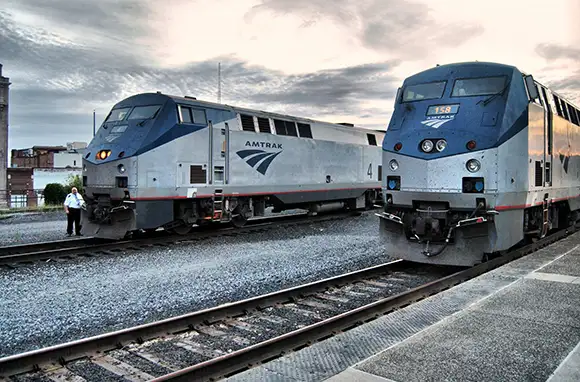
U.S. Rail Progress Will Remain Slow
In the U.S., as usual, rail will remain largely a loser. Amtrak will be lucky to avoid budget cuts and service cutbacks, as will several other important rail initiatives such as the high-speed (sort of) track improvements in the Midwest. Public transit, too, will have to fight to retain its funding in the face of tight federal, state, and local budgets. Regardless of long-term urgency, multiyear projects will continue to move at a glacial pace, if at all. The most likely significant development for travelers will be the completion of the Orange Line in Dallas to DFW Airport—it's scheduled for December, but you know about those schedules.
The Union Pearson Express link to Toronto's airport is not projected to open until 2015. Other than that, I know of no major Canadian rail projects aside from some local improvements.
In the rest of the world, by contrast, rail improvements remain on a fast track. The major high-speed openings slated for 2014 are in China, South Korea, and Turkey, and several important new lines, now under construction, plan openings for 2015 in Germany, Japan, Morocco, Saudi Arabia, and Turkey. Three important French routes will open in 2016, with lots more everywhere in subsequent years. In addition, worldwide railroads will continually add improved equipment and improve stations and tracks.
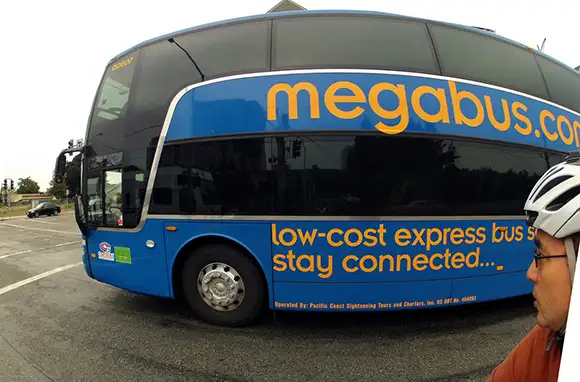
A Bus Renaissance
Next year is likely to see a continued renaissance of intercity bus service in the U.S., as Megabus and Greyhound evolve their operations and other competitors enter the market. Amtrak is useful for short-haul intercity travel in only a very few markets, so bus companies will continue to fill the void left by the decline of short-haul rail in the 1950s and 1960s.

Travel Goes Digital
With the basic price-comparison websites well entrenched in the Internet landscape, the focus of online innovation will shift. More and more online applications will be tailored to tablets, smartphones, and social media.
Additionally, innovative websites seem to be focusing on planning factors beyond baseline price. A new site, Trekkel, for example, positions itself as "the first travel recommendation engine and personalized itinerary planner," and last year saw Routehappy's "happiness index" flight scores. Expect more of this: combining fare and schedule data with ratings factors and input from user-generated reviews.
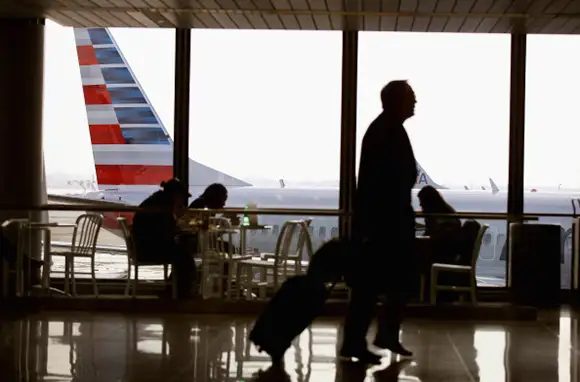
Control of the Customer
Control of the customer will be a big trend in the travel industry next year. This struggle is intensifying as airlines move to IATA's new XML-based data-transmission standard. Airlines and hotel chains may use the new data system to help them personalize airfare searches to individual customers, based on recorded buying patterns, and to offer personalized—and maybe specially priced—option bundles. Furthermore, airlines and hotels may also start to withhold some fare/rate levels from the OTAs and limit access strictly to searchers on their own sites. After all, Southwest does pretty well by remaining outside the OTA mainstream.
You Might Also Like:
We hand-pick everything we recommend and select items through testing and reviews. Some products are sent to us free of charge with no incentive to offer a favorable review. We offer our unbiased opinions and do not accept compensation to review products. All items are in stock and prices are accurate at the time of publication. If you buy something through our links, we may earn a commission.
Top Fares From
Today's Top Travel Deals
Brought to you by ShermansTravel
Kenya: 14-Night Tour, Incl. Tanzania &...
smarTours
 vacation
$7125+
vacation
$7125+
7-Night Bermuda Cruise From Round-Trip Cruise...
Norwegian Cruise Line
 cruise
$1036+
cruise
$1036+
Ohio: Daily Car Rentals from Cincinnati
85OFF.com
 Car Rental
$19+
Car Rental
$19+



